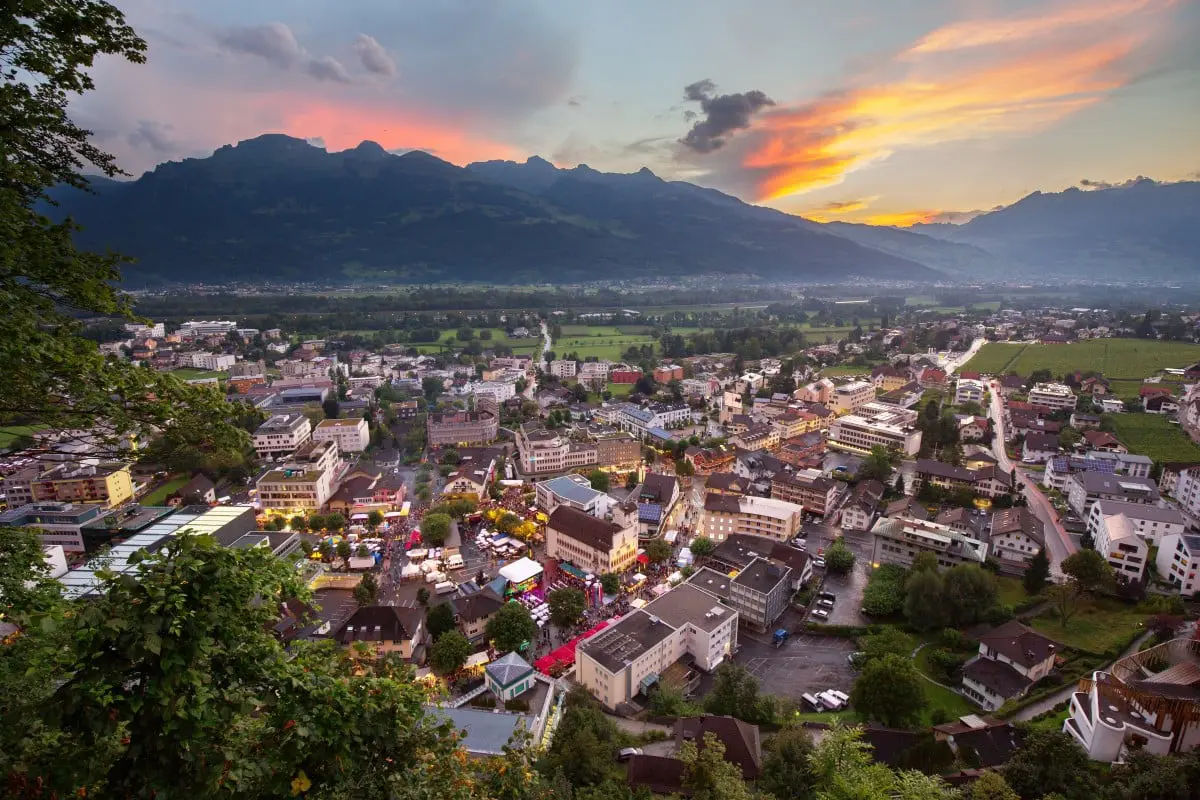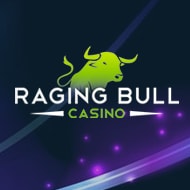The Liechtenstein casino industry is currently under fire from anti-gambling lobbyists, with a national referendum set to decide its fate.
Liechtenstein to hold referendum on casino ban

The Liechtenstein casino industry is currently under fire from anti-gambling lobbyists. The European country is known for enabling tax fraud and evasion despite its efforts in global cooperation; however, the public seems the most concerned about its gambling sector.
The efforts of the country’s citizens to curb gambling have led to a wide-scale referendum for a ban on casinos. The national vote will be held on Sunday, January 29.
The casino ban supporters argue that the gambling industry damages the reputation of the country, which it had worked hard to improve after being on the international blacklist of tax havens. A decade ago, Liechtenstein was able to ease its bank secrecy laws and regain a good standing globally.
The pressure group IG VolksMeinung is behind the referendum and the required signatures to activate it. The group was created to fight the “casino flood”.
Guido Meier, one of the group’s members, said, “We don’t want to establish ourselves as a casino and poker hotspot in the middle of Europe. It’s a big reputation problem.”
Liechtenstein stands to lose its nickname ‘Las Vegas of the Alps’ within five years if the referendum passes. This would likely give the country the record for the most short-lived legal gambling industry ever.
Major foreign gambling operators like Austria’s Novomatic AG, the sister company of Gyphon Invest AG, are the forces behind some casinos in the country. Novomatic AG indirectly owns significant stakes in about half of the gambling houses in Liechtenstein.
“We hope that the voters will follow the advice of the two major parties, as well as the economic chamber and further institutions and recognize that a well-regulated market is better than an outright ban,” said Gryphon Invest AG.
Asides from its historic castles and alpine scenery, the European country is known for its welcoming gambling offers. Liechtenstein has six casinos spread across the country, which is a tenth the size of London with only 40,000 inhabitants.
READ: Best UK casino sites in 2023
The casinos have been in operation since 2017 when gambling was made legal by the law after several failed attempts. Punters from countries like Germany as well as neighboring Austria and Switzerland occasionally cross over to Liechtenstein to try their luck at gaming tables with poker and roulette and slot machines.
Although the anti-gambling measure has evident support, there is also a faction of people that disagree with Meier. Out of Liechtenstein’s population, a third is made of foreigners, most of whom moved to the country due to its access to gambling and lax tax laws.
Liechtenstein casino association’s president and the director of Liechtenstein’s Grand Casino, Reinhard Fischer, stated that regardless of the outcome of the referendum, the number will be reduced gradually to at most four as a result of natural attrition in a limited market. The gambling market in the country has already seen some reduction from eight casinos to six since the activity was legalized.
He did not support the argument that the casino industry could damage the reputation of the country.
“What we do is in accordance with the law and in some cases even above the level required by law,” Fischer said.
Liechtenstein casinos also provide the country with significant income. The coffers of Liechtenstein increased by 50 million Swiss francs ($54.51m) last year due to the casino activities of foreign visitors.
Sabine Monauni, the country’s Deputy Prime Minister, said, “This is certainly revenue that is also relevant for our budget.”
Monauni referred to the proposed ban as “too radical, too excessive” and said it would do little to solve the prevalent gambling addiction problem. Due to this, the government has urged the population not to vote for the gambling ban.
“We want to continue to allow gambling in Liechtenstein and that’s why we now have to find a balance between measures that reduce activity but at the same time don’t totally destroy the market,” Monauni said.
Casinos will have to close in five years if the ban receives enough support but the general opinion is that IG Volksmeinung’s efforts are exaggerated.













